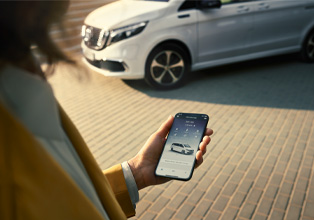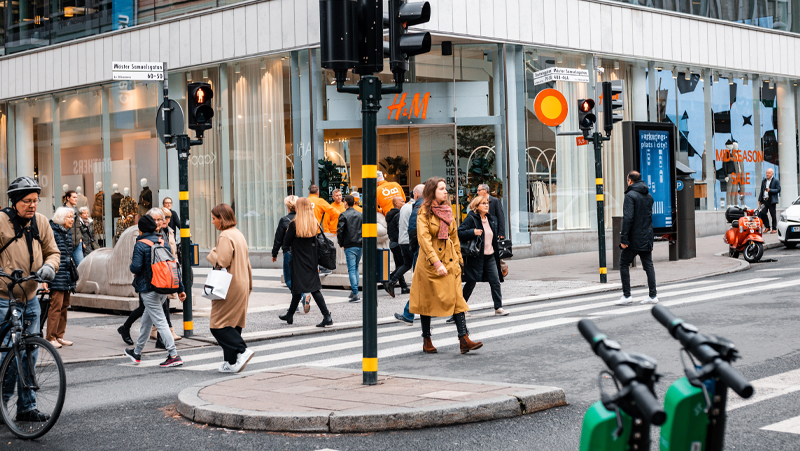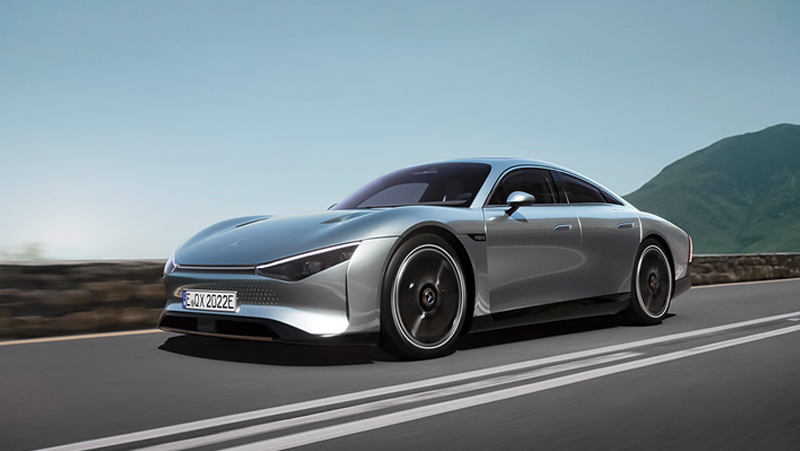We use cookies to make your experience better. To comply with the new e-Privacy directive, we need to ask for your consent to set the cookies. Learn more.
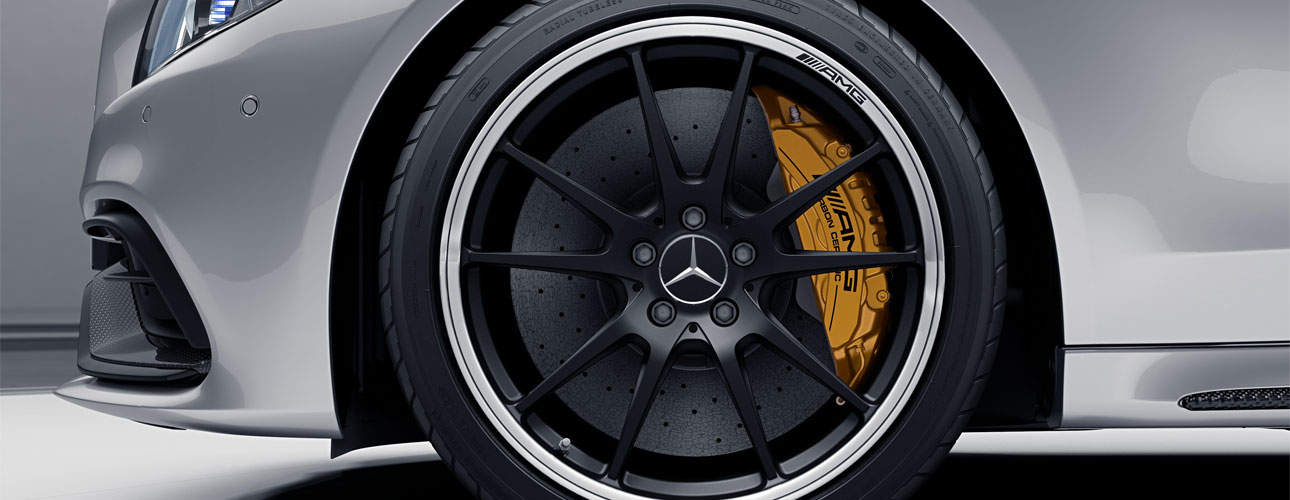
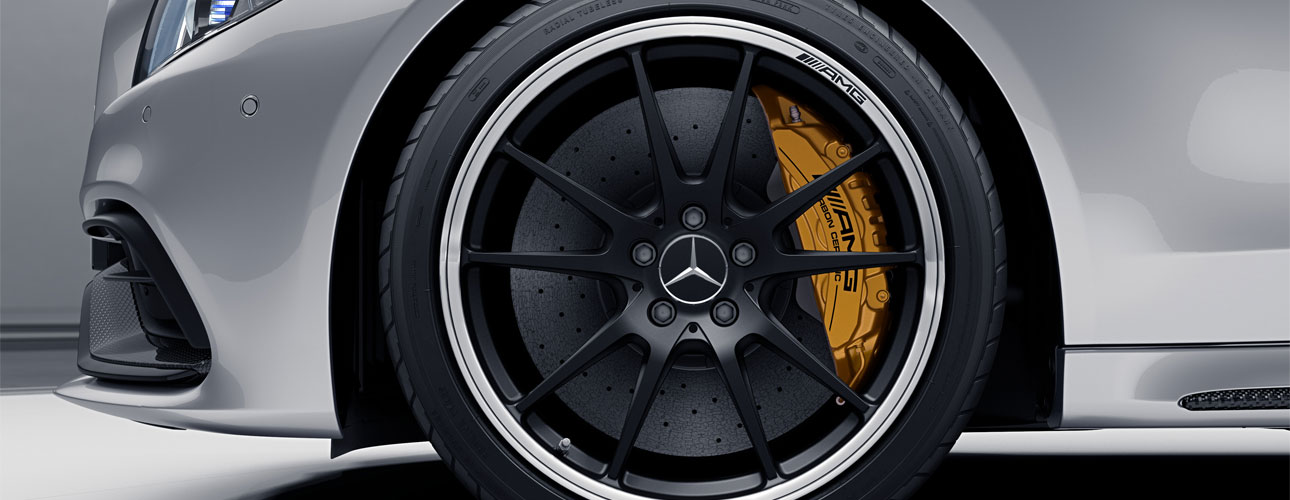
Are you coasting towards more repairs?
Coasting while driving is defined as travelling either with the clutch pedal held down or with the car in neutral. This happens naturally for very short periods when changing gear and when coming to a stop. However, many motorists drive in this way for extended periods under the perception it is saving on fuel.
We take a look at the effect coasting has on the health of your car, investigate if it really does save money at the pump and dissect why it is considered a dangerous driving habit.
Vehicle Damage
Many of us are deterred from coasting because of concerns that it causes damage that could lead to costly repairs. Coasting has no real affect on the internal mechanics of your car. However, it does lead to the overuse of one clutch component in particular for manual cars: the throw out bearing.
The throw out bearing is the part of the clutch system that disengages the engine while the clutch pedal is pressed. Therefore, while coasting, the throw out bearing is under stress for longer periods than is usual or necessary. Although small, it isn’t something to overlook because to fix a faulty throw out bearing requires the dismantling of the entire clutch mechanism.
The part of your car that will suffer most as a result of coasting will always be your brakes. Coasting significantly increases the load on your brakes as it prevents the engine from performing natural braking. That, and you are likely to be going faster when coasting than you would be otherwise. Because more braking force is required over the same journey, it causes vehicle brake discs and pads to wear at a higher rate.
Miles per Gallon
The reason many drivers give for coasting is that is saves on fuel. While this may have been the case for older models, modern technology actually means that coasting is likely to increase fuel consumption. When your car is coasting it still requires a small amount of fuel in order to power the engine. This is called ‘idling’ and is the same at any point your engine is running but that you are stationary.
However, when you remain in gear and travel without your foot on the accelerator, electric sensors will detect that the accelerator isn’t engaged and will automatically cut fuel to the injector. Because the wheels are still connected to the engine (as is not the case in neutral or with the clutch depressed), they keep the engine running without the need for fuel.
Therefore, if you find you are travelling at a speed that can be maintained without using the accelerator, most commonly when going down hill for example, you are actually better off staying in gear for the purpose of saving fuel.
Is it Dangerous?
Regardless of the conclusions made above, drivers are discouraged from coasting because it can put you and other road users at risk. This is because it reduces control of the vehicle and will hinder the driver’s ability to react quickly to an emergency situation.
As highlighted above, without use of the engine, braking distance is dramatically increased and this not only wears the brakes unnecessarily but could make all the difference in preventing a collision. Although coasting is not illegal, if misused it would cause you to fail your driving test. Here is what the Highway Code has to say on the subject:
Rule 122 Coasting. This term describes a vehicle travelling in neutral or with the clutch pressed down. It can reduce driver control because;
- Engine braking is eliminated
- Vehicle speed downhill will increase quickly
- Increased use of the footbrake can reduce its effectiveness
- Steering response will be affected, particularly on bends and corners
- It may be more difficult to select the appropriate gear when needed.
Taking all that into consideration, it really is a bad driving habit that drivers should try and avoid.

